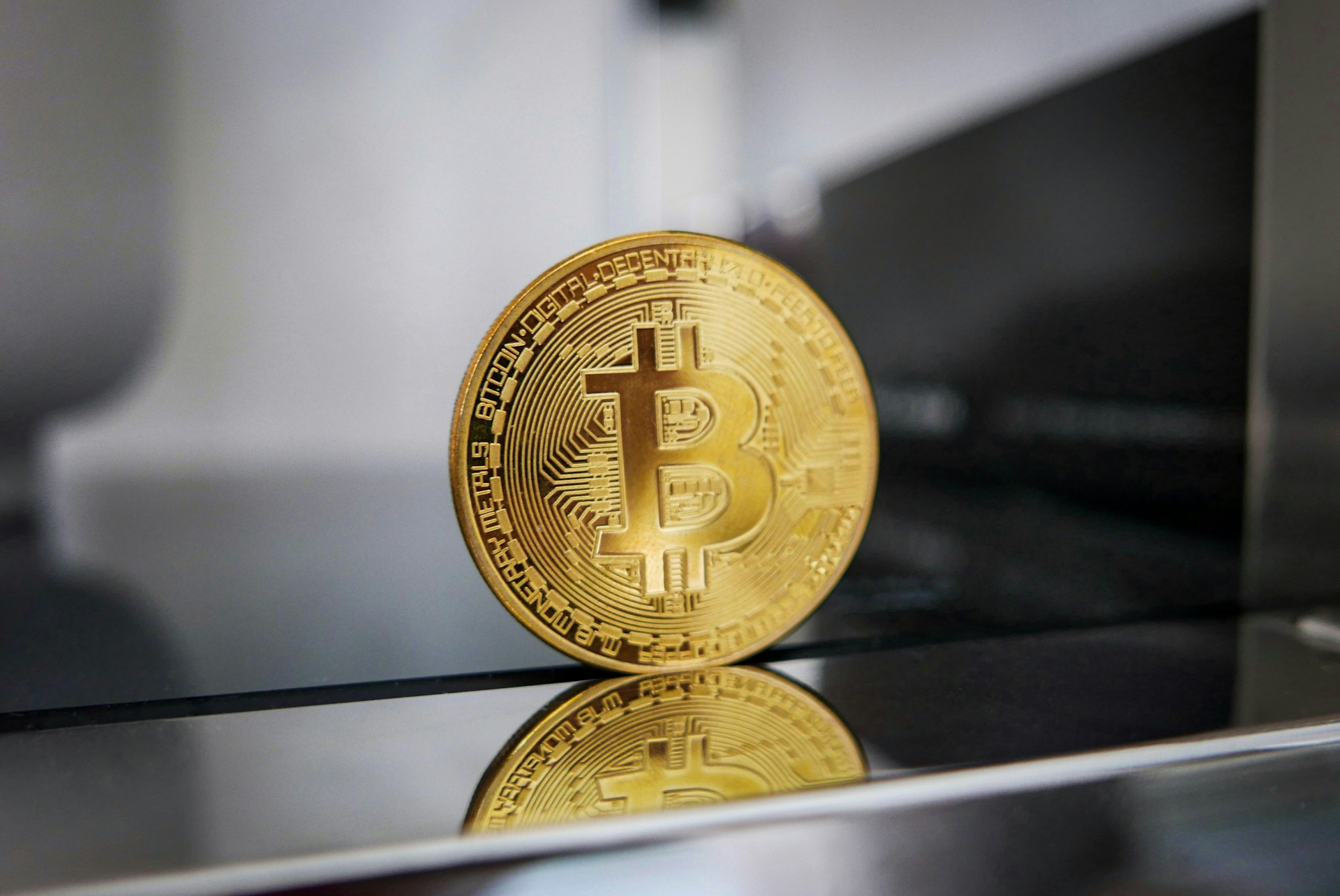Paytm has agreed to sell its stake in Japanese payments firm PayPay to SoftBank for $279.2 million, as the Indian firm sheds non-core assets following a bruising regulatory clampdown earlier this year.
The sale of Paytm’s stake in PayPay, which it received through acquisition rights six years ago, follows months of restructuring that saw the Indian firm sell its entertainment ticketing unit to Zomato for $246 million in August.
PayPay, controlled by SoftBank and Yahoo Japan parent Z Holdings, is a leading payments app in Japan.
The stake sale will boost Paytm’s cash reserves to $1.46 billion as it attempts to recover market share in India’s fiercely competitive payments market. The company’s banking affiliate was severely restricted by regulators in January, leading to an exodus of customers to rival services.
Shares in Paytm have nearly tripled since June after India’s payments regulator allowed it to resume adding customers to its flagship UPI service. The company reported its first quarterly profit in September, though this was largely due to proceeds from asset sales rather than operational improvements.
“We are grateful to [SoftBank CEO] Masayoshi-san and the PayPay team for giving us the opportunity to together create a mobile payment revolution in Japan,” Paytm said in a statement. “We remain fully committed and will continue to support PayPay’s product and technology innovations in future. We are working on introducing new AI-powered features to accelerate PayPay’s vision in Japan.”
Saturday’s deal marks the end of Paytm’s relationship with SoftBank, which divested its remaining shares in June after being an early backer through its Vision Fund.










Leave a Comment